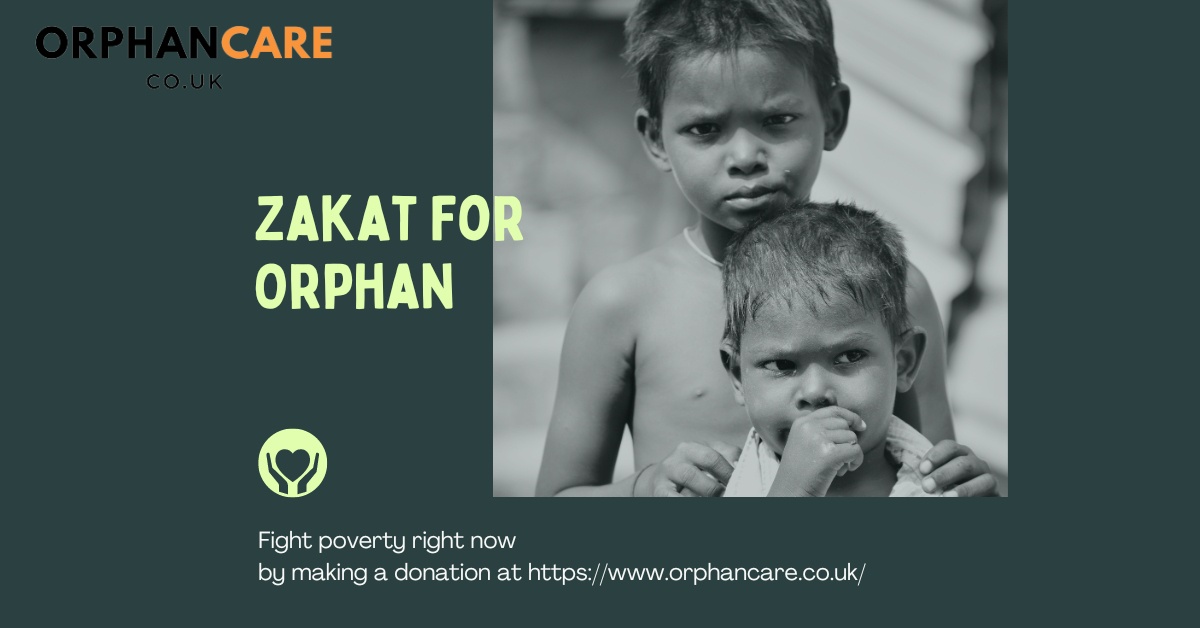How does Zakat benefit orphans and what societal impact does it have
Zakat, an obligatory form of almsgiving in Islam, holds a significant role in supporting orphans, who are among the most vulnerable members of society. This response delves into the specific benefits of Zakat for orphans and its broader impact on societal well-being.
Financial Assistance: Meeting Immediate Needs
Zakat provides crucial financial assistance to orphaned children, addressing their immediate needs such as food, clothing, shelter, and healthcare. The loss of one or both parents often leaves orphaned families economically disadvantaged, making it challenging to afford basic necessities. Zakat alleviates this burden by ensuring that orphaned children have access to essential resources for their well-being and survival.
Educational Opportunities: Empowering Through Knowledge
One of the most impactful aspects of Zakat for orphans is its contribution to education. By allocating Zakat funds to educational initiatives, orphaned children gain access to formal schooling, vocational training, and skill-building programs. Education not only empowers them with knowledge and skills but also enhances their future prospects, enabling them to break the cycle of poverty and contribute meaningfully to society.
Emotional Support: Nurturing Well-being
The loss of parental care can have profound emotional consequences for orphaned children, leading to feelings of abandonment, loneliness, and insecurity. Zakat initiatives offer emotional support by providing orphaned children with a sense of belonging, stability, and hope for the future. This emotional nurturing is essential for their overall well-being and resilience in the face of adversity.
Societal Impact: Promoting Social Justice and Solidarity
Zakat for orphans has a ripple effect on society, contributing to social justice, equity, and communal solidarity. By redistributing wealth from the affluent to the marginalized, Zakat reduces income inequality and promotes a more just distribution of resources. This redistribution fosters a sense of solidarity and mutual support within the community, strengthening the social fabric and promoting a more inclusive society.
Cultivating a Culture of Compassion and Responsibility
Zakat encourages a culture of philanthropy and communal responsibility, whereby individuals are actively engaged in addressing the needs of the less fortunate. Through their contributions, individuals fulfill their religious obligations and demonstrate their commitment to social justice and compassion. This collective effort towards supporting orphaned children reflects the Islamic principles of brotherhood, compassion, and solidarity, fostering a sense of unity and shared responsibility among believers.
if you want to like more information please visit our website: www.orphancare.co.uk.
Conclusion: The Holistic Impact of Zakat for Orphans
In conclusion, Zakat plays a multifaceted role in supporting orphaned children and promoting societal well-being. From providing financial assistance to nurturing emotional well-being and fostering educational opportunities, Zakat empowers orphaned children to thrive despite adversity. Moreover, Zakat contributes to social justice, equity, and communal solidarity, enriching the fabric of society and fostering a culture of compassion and responsibility.


No comments yet